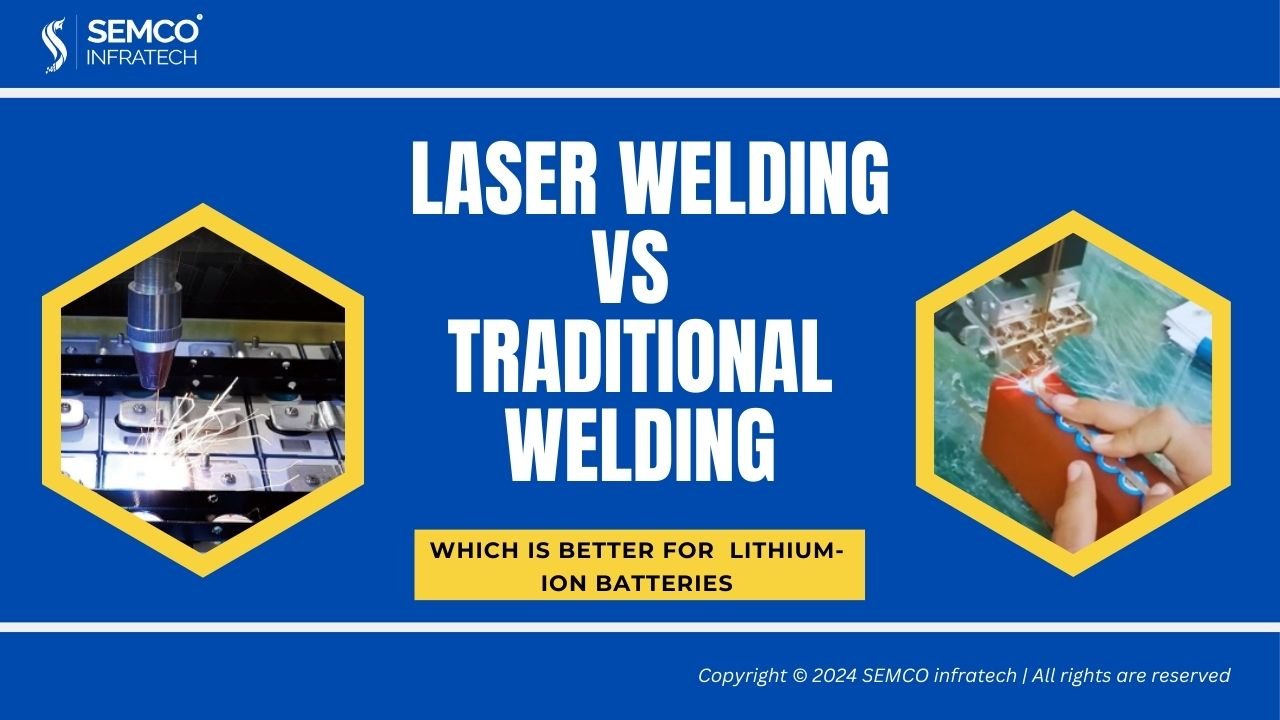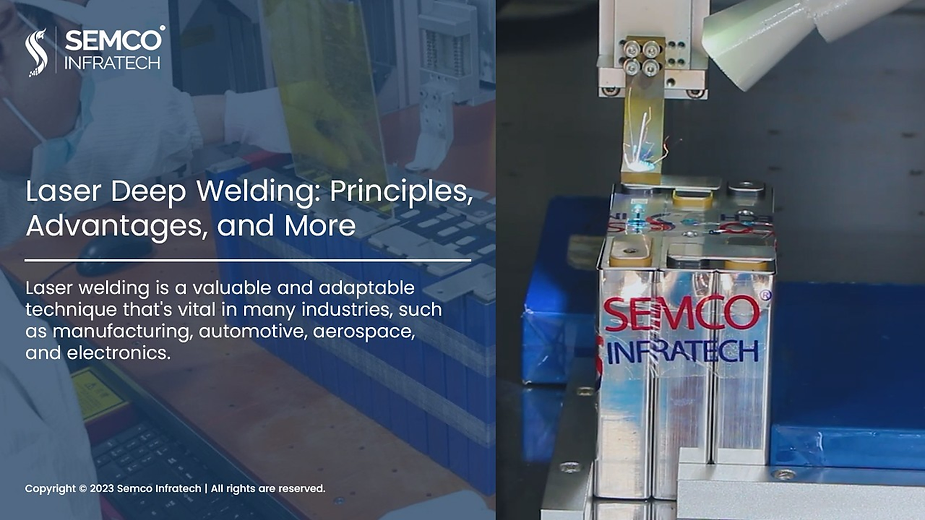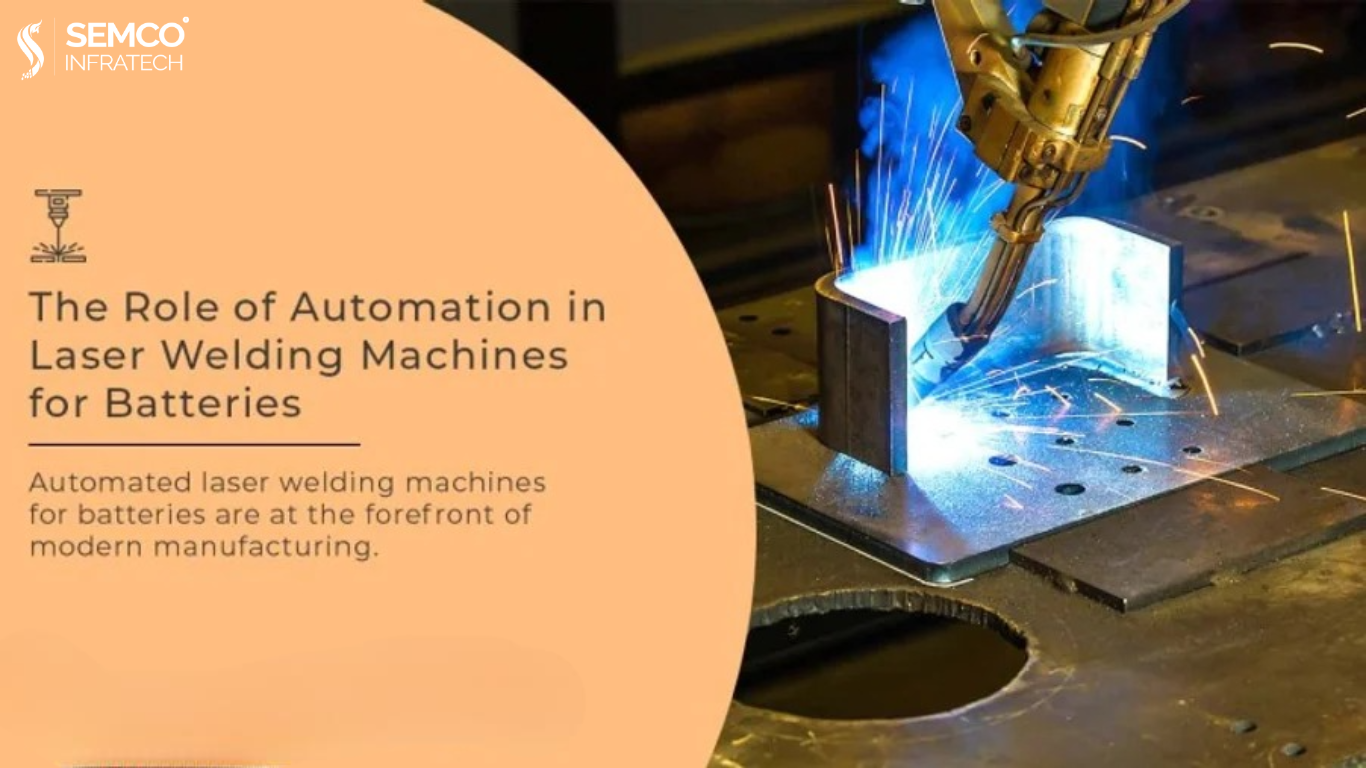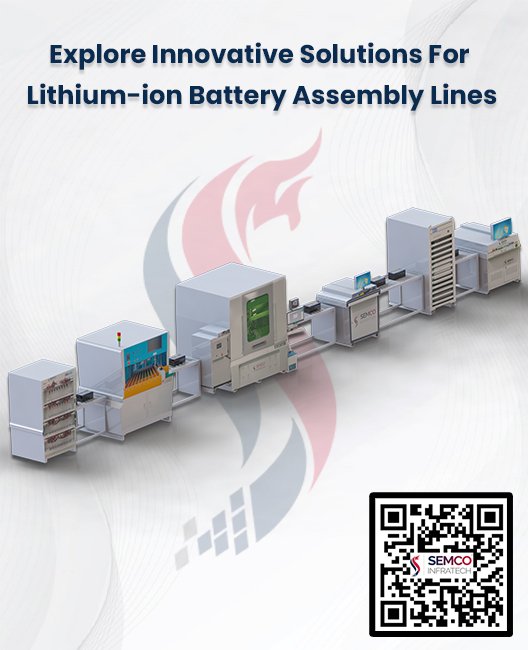Prismatic lithium-ion batteries are widely used due to their high energy density and long life. Welding is crucial in lithium-ion battery manufacturing. It ensures strong, reliable connections within battery cells, vital for performance and safety. As the demand for faster production is increasing, traditional welding techniques are being replaced by laser welding machines. This post will compare the advantages and disadvantages of laser welding and traditional welding for these batteries.
Traditional Welding Techniques for Prismatic Lithium-Ion Batteries
Traditional methods like resistance welding, spot welding, and seam welding have been used for years. Resistance welding uses electric current to join metal parts. It is fast and efficient but has limited heat control, which can damage sensitive battery components. Spot welding joins metals at small points. It is quick and cost-effective but can cause localized heat damage and lacks precision for intricate parts.
Seam welding, a continuous process, is ideal for long, straight joints. It offers strong, durable welds but is expensive and limited to specific applications due to high equipment costs. These traditional methods are well-established but come with notable limitations.
Laser Welding for Prismatic Lithium-Ion Batteries
Laser welding machines in India use focused light beams to melt and join materials. This method offers high precision and control, making it suitable for delicate battery components. The key advantage of laser welding is its ability to create strong welds with minimal heat-affected zones, reducing the risk of damage to the battery. It is also highly flexible and can be automated, enhancing production efficiency.
In India, the demand for laser welding machines in battery production has surged, with several suppliers offering advanced solutions tailored for prismatic lithium-ion batteries. The cost of laser equipment is high, and skilled operators are required to manage the process effectively. Despite these challenges, the benefits often outweigh the costs.
Comparison of Laser Welding and Traditional Welding
When comparing laser welding to traditional methods, several factors come into play. In terms of weld quality, laser welding provides superior strength, integrity, and consistency. This precision ensures repeatability, crucial for large-scale production. Energy efficiency is another critical aspect. Laser welding consumes less power and offers better thermal management, making it more efficient. Battery manufacturing equipment suppliers have been increasingly recommending them due to their unmatched benefits.
Additionally, the environmental impact of laser welding is lower, producing fewer emissions and waste, and improving occupational safety due to reduced exposure to harmful byproducts. The advancements in laser welding technology have led to its increased adoption by Lithium-Ion Battery Equipment Suppliers in India, who see it as a way to enhance the manufacturing process and product quality.
Applications and Case Studies
Laser welding has been successfully implemented in prismatic lithium-ion battery production. Case studies highlight its performance and reliability, showing its ability to enhance battery quality and lifespan. Traditional welding, while still used in some applications, is gradually being replaced by more advanced methods like laser welding.
Conclusion
In summary, laser welding machines offer significant advantages over traditional methods for prismatic lithium-ion batteries. It provides higher precision, better energy efficiency, and a lower environmental impact. While the initial costs and skill requirements are higher, the long-term benefits make laser welding the preferred choice for manufacturers. Future advancements in laser technology will further improve its application, solidifying its position as the optimal welding solution for prismatic lithium-ion batteries.






